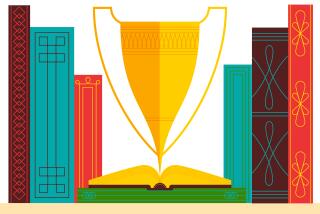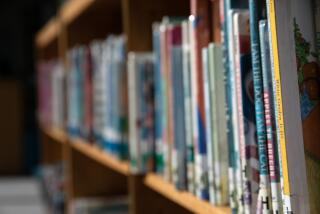The Blessings of Liberty
No one, a year ago today, would have dared to predict the astonishing political events that have made 1989 a year to remember forever.
No one would have said that mass demonstrations for a more responsive, democratic government would erupt in monolithic China, only to be put down brutally (but almost certainly temporarily). No one could have guessed that hard-line governments would be swept aside, quite peaceably, in East Germany, nor that the hated Wall would come down and be sold off in souvenir hunks, nor that in Poland, Czechoslovakia and Hungary, the demand for freedom would burst forth like spring flowers through a frozen crust. No one would have seen a different kind of bursting forth in Romania, the urge toward freedom erupting there as from a long-festering infection, in a bloody and terrible cleansing.
And what seems impressively true is that in all these unparalleled and unforeseen upheavals--including the earlier incarnations of glasnost and perestroika in the Soviet Union itself--the artists, and most especially the writers, can be seen to have played a significant role.
The poets, the playwrights, the underground essayists and pamphleteers, circulating their manifestoes on precious, hand-typed copies, kept alive the dream and the possibility of a different, better day.
It takes no great stretch of the imagination to compare the influence of the samizdat writers in the Soviet Union and authors such as Vaclav Havel in Czechoslovakia with the role played by Tom Paine and the other firebrands of freedom in the American Colonies immediately before 1776.
“Brightest in dungeons, Liberty! thou art,” Lord Byron cried in his “Sonnet on Chillon” in the early 19th Century.
In our century, only a month before his assassination, John F. Kennedy said in a speech at Amherst College:
“When power leads man toward arrogance, poetry reminds him of his limitations. When power narrows the areas of man’s concerns, poetry reminds him of the richness and diversity of his experience. When power corrupts, poetry cleanses, for art establishes the basic human truths which must serve as the touchstones of our judgment.”
Earlier in 1963, Kennedy had also said, in a speech at Vanderbilt: “Liberty without learning is always in peril, and learning without liberty is always in vain.”
Liberty in our time occasionally sounds worn and thin, from overuse in political oratory, but in 1989 it has become new-minted.
Art has as many functions as it has forms, and in Hollywood it is inevitable to see art at its most diverting, escapist, simplistic and, more often than not, entertainingly trivial. Yet several of the offerings at year’s end have been quickening reminders that the range of film, for example, is from the sublimely silly to abrasive confrontations with the hard truths of our time. “Born on the Fourth of July” and “Triumph of the Spirit” are engrossing, but they are not trivial.
There will in time (quick time, probably) be films drawn from the happenings of 1989; with luck and skill they may reflect not only the human drama but the whole astonishing historical context of these days.
It seems obvious that the extraordinary scene-shifts in Eastern Europe, most especially, groundswells in which the urgings of the artists have figured significantly, have now created new and probably even more difficult challenges for the writers and the arts communities in their chaotic countries.
Havel, of course, has gone from prisoner of conscience to a significant role in the leadership of his country (in itself a remarkable tribute to the potency of the artist in the shaping of society).
The new challenges will be nothing so clear-cut as individual liberty against a ruthless oligarchy. The analogies to the American Revolution may be appropriate again: liberty achieved, followed by rancorous, dangerous philosophical and personal divisions over the nature of government, the apportioning of power, questions of economic and other controls.
Freedom, elusive but grasped at last, makes more dramatic reading. It will be left to the artists, as it usually is, to evoke and to sustain amidst the hard times and the uncertainties their encompassing vision of the new day, the new year, the new century.
More to Read
Sign up for our Book Club newsletter
Get the latest news, events and more from the Los Angeles Times Book Club, and help us get L.A. reading and talking.
You may occasionally receive promotional content from the Los Angeles Times.






